Chapter 7 Bankruptcy Discharge

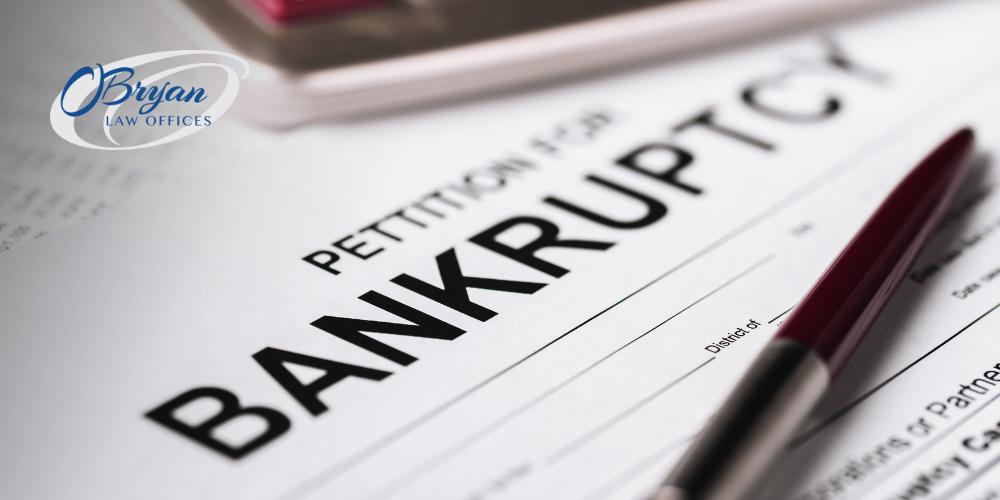
Overwhelming debt can be a source of undue stress for many people, so some decide to discharge their debts by filing a Chapter 7 bankruptcy petition. While there are many dischargeable debts under Chapter 7, there are some debts that cannot be discharged in a Chapter 7 bankruptcy.
If you are experiencing undue hardship as a result of your debts, you can file for bankruptcy and have your debts discharged. The experienced Louisville bankruptcy attorneys at O’Bryan Law Offices are here to help you file your bankruptcy petition and are even prepared to defend your interests in bankruptcy court.
With over 40 years of experience in representing clients, we have an in-depth understanding of Kentucky bankruptcy law and can help you have your Chapter 7 bankruptcy discharged. Call us at 502-339-0222 to schedule a free consultation with a member of our team.
What Is a Chapter 7 Bankruptcy Discharge?
A Chapter 7 bankruptcy discharge is the final part of a bankruptcy filing, and it releases the debtor from their personal liability for certain debts. These discharged debts often include unsecured debts like medical bills, as well as some secured debts, like a car loan or mortgage.
If a bankruptcy court decides someone’s debts are causing them undue financial hardships, the bankruptcy trustee on the case will send the discharge paperwork to the creditors on the dischargeable debts. This notifies the creditors that they are to stop all collection efforts on the discharged debts.
Chapter 7 vs Chapter 13 Bankruptcy Discharge
Individuals and businesses file under different chapters of the Bankruptcy Code, usually filing for either Chapter 7 bankruptcy or Chapter 13 bankruptcy. In a Chapter 7 bankruptcy filing, the debtor’s outstanding debts are discharged, meaning the debtor no longer has a responsibility to make payments on them. In a Chapter 13 bankruptcy, however, the debtor is given a multi-year repayment plan to pay their outstanding debt.
In a Chapter 7 bankruptcy case, debtors usually only have to wait about 3-6 months from the day they file to the day they receive their discharge. In a Chapter 13 bankruptcy filing, debtors often wait 3-5 years to receive their discharge.
People often file for Chapter 13 if they have secured debts they don’t want to lose, or if they don’t qualify for Chapter 7. A skilled bankruptcy attorney can help you determine which of these two types of bankruptcy will provide you with the best outcome based on your circumstances. In addition to helping you choose which chapter of the bankruptcy code you should file under, they can also help you file a claim to have your debts discharged.
How Does a Bankruptcy Discharge Work?
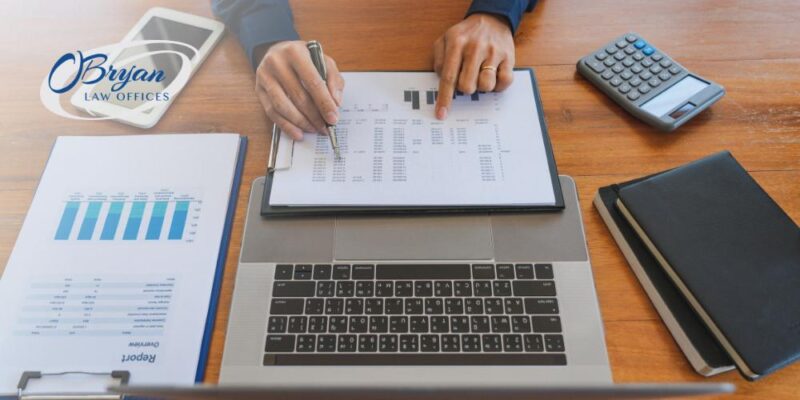
A bankruptcy discharge legally releases a debtor from the debts owed at the time of their bankruptcy filing. This means that after filing for bankruptcy and receiving a discharge, the debtor is released from their legal obligation to repay their debts so that they can have a fresh start. When unsecured creditors receive notice of a bankruptcy discharge, they are to cease all collections activities on the discharged debt and write it off.
A Chapter 7 discharge can completely release a person from their obligations on unsecured debts like medical bills and some credit card debt, but they may have to make payments on debts with collateral if they want to keep their belongings, like their car.
If you are interested in filing for Chapter 7 bankruptcy, or you want to learn more about which chapter of bankruptcy is right for you and your situation, call O’Bryan Law Offices. We can help you understand the advantages and disadvantages of a Chapter 7 filing and can help you file your petition for bankruptcy. Call us or contact us online to learn more.
What Debts Can You Discharge in Chapter 7?
Only certain debts can be discharged in a Chapter 7 bankruptcy case. These are usually unsecured and secured debts deemed to be of less importance than other debts. For example, a bankruptcy court would decide that it’s more important for you to pay your unpaid child support than it is to pay your unpaid medical bills, so your medical debt would be discharged, and your child support debt would remain.
Additionally, a bankruptcy filing can only discharge a person from any debts incurred before the date they filed for bankruptcy. Any debts incurred after that day will still remain, meaning creditors can continue to collect on those debts after the bankruptcy discharge is issued.
Below are some of the debts that can be discharged in a Chapter 7 bankruptcy:
- Personal loans
- Payday loans
- Credit card debts
- Business debts
- Income tax debts
- Repossession and foreclosure deficiencies
In certain circumstances, those filing for bankruptcy can have their student loans discharged, but as a general rule of thumb, student loans are not dischargeable. A bankruptcy law firm can help you file your bankruptcy petition and attempt to have your student loan debt discharged with your other debts.
Can Chapter 7 Discharge Tax Debts?
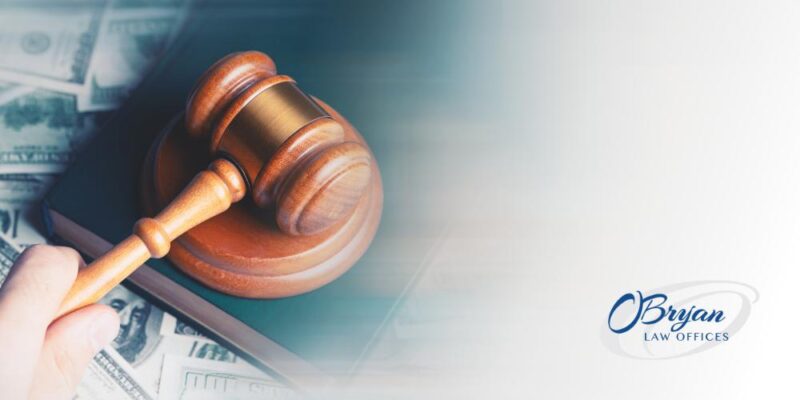
A Chapter 7 filing can discharge old income tax debts, but it cannot discharge other tax debts. Income tax debt can be discharged after three years from the date the return was due and after at least two years from the date the return was filed. Additionally, any secure tax debt, or tax liens, will remain attached to the collateral associated with the debt.
What Happens to Liens in Chapter 7?
While unsecured debts will be erased in a Chapter 7 bankruptcy, liens on secured debts will not. A lien indicates that a creditor has ownership interest over a piece of property. Since liens are not discharged, this means that any collateral (personal property) attached to a secured debt may be seized and sold if payments don’t continue after the bankruptcy discharge.
Creditors will not be able to sue you for debts on personal loans or continue collection activities, but if those debts have collateral attached to them, and you fail to make regular payments on those debts, you risk losing that collateral. Liens in Chapter 7 filings can be tricky to understand.
A bankruptcy lawyer can evaluate your existing loans and help you determine the best plan of action, depending on your situation. Call Kentucky bankruptcy law firm, O’Bryan Law Offices, at 502-339-0222 and discuss your options with one of our experienced attorneys.
What Happens to Car Loans in a Chapter 7 Discharge?
Car loans in Chapter 7 bankruptcies can also be difficult to understand, especially when the car is attached to the loan as collateral. Let’s say you acquire a car loan to buy a car. With most car loans, the car is tied to the loan as collateral. This means that, while you own the title to your car, your lender also owns a partial interest in the property, so they can place a lien on your vehicle.
If you make regular payments on your car loan, the lien will never come into play. If you eventually pay off the entire loan, the lien will be removed. If you file for Chapter 7 bankruptcy before you’ve paid off the entire loan, however, the lien will still exist after the bankruptcy discharge.
While you may be released from the legal responsibility to pay the outstanding balance on the loan, and your creditor cannot force you to pay the remaining debt, the creditor will still have an ownership interest in the car. If you fail to pay the car loan, the lien on your car will allow your creditor to repossess your car and sell it to pay your remaining debt.
Expert bankruptcy lawyers, like those at O’Bryan Law Offices, can help you understand what a Chapter 7 bankruptcy can do for you and how it can affect any existing car loans. Call us today at 502-339-0222 to schedule a free consultation with a professional bankruptcy attorney.
Does a Bankruptcy Discharge Clear Repossessions from My Credit Report?
No, a bankruptcy discharge will not clear any prior repossessions from your credit report. If you have had your car repossessed, it will most likely stay on your credit report for up to 10 years, even if you file for bankruptcy. Fortunately, credit counseling can help you find ways to improve your credit after a repossession, and there are ways for you to build your credit after filing bankruptcy.
What Debts Can’t Be Discharged in Chapter 7?
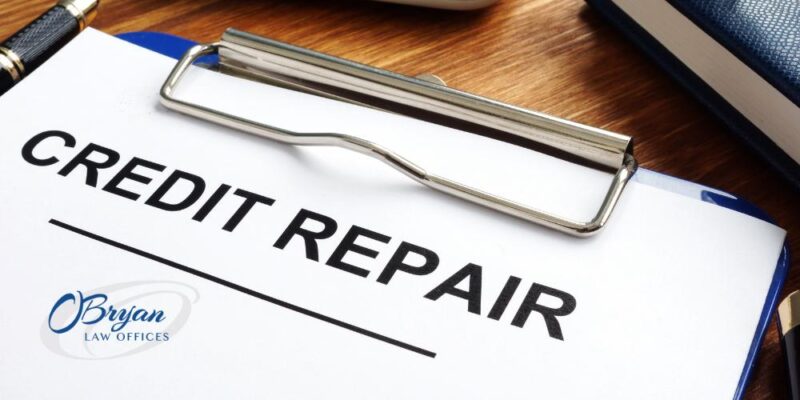
While there are a few types of debts that are dischargeable in a Chapter 7 bankruptcy, there are several types of debts that cannot be discharged. According to Chapter 7 bankruptcy law, these non-dischargeable debts include:
- Debts from fraud, embezzlement, larceny, or breach of trust
- Loans or luxury credit purchases made within 60 days of filing for bankruptcy
- Debts from willfully harming another person
- Debts from willfully damaging property
- Debts owed in a divorce settlement
Additionally, some debts cannot be discharged in either Chapter 7 or Chapter 13 bankruptcies. These include debts arising from:
- Outstanding child support payments
- Personal injury done to another person
- Fines for illegal behavior
- Recent income tax debts
- Non-income tax debts
While student loans are often considered nondischargeable debts in both Chapter 7 and 13 bankruptcies, some exceptions can help discharge someone of their student loan debt. For example, if paying the loans is causing an individual undue hardship, then their debt may be discharged.
How to Get a Chapter 7 Bankruptcy Discharge
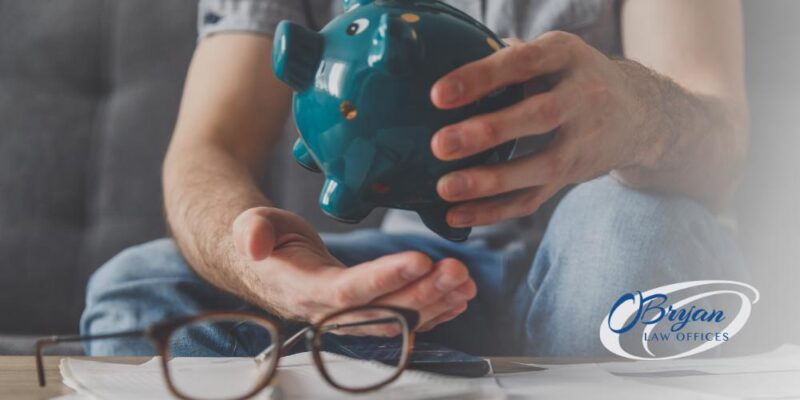
In order to secure a bankruptcy discharge, you must file a bankruptcy petition. A bankruptcy attorney can help an individual or a business entity file for Chapter 7 bankruptcy if they qualify for it. Then, unless there are legal disputes regarding the bankruptcy petition, the person filing for bankruptcy will usually receive a bankruptcy discharge.
One of the biggest benefits of bankruptcy is the ability to have your debts discharged. Unfortunately, there are some disadvantages to filing for bankruptcy. Debtors need to understand their options to determine what would be the best for them, which is why we recommend finding an experienced bankruptcy law firm who will help guide you every step of the way.
Reasons Why Your Discharge Might Be Denied
A bankruptcy discharge can be denied for a few reasons. A bankruptcy court may deny a Chapter 7 discharge if the person filing for bankruptcy fails to provide the court with adequate tax documentation or if they engage in potentially fraudulent behavior to avoid or delay payments to their creditors. Additionally, anyone filing for bankruptcy must complete a financial management course, and failure to do so may be grounds for denial.
What Will My Chapter 7 Discharge Order Look Like?
At the end of the bankruptcy process, a Chapter 7 discharge order will be sent out to the debtor, their lawyer, and their creditors. This document will have the debtor’s information on it, and it will be signed by the bankruptcy judge who handled the case. It will also give creditors general information about the bankruptcy, telling them to cease collections on the dischargeable debts.
What Happens After I Get My Chapter 7 Discharge?
After the Chapter 7 discharge order has been issued, all debt collectors are required to stop any collection efforts on the discharged debts. This means you will no longer have to deal with debt collector calls or wage garnishment attempts. If creditors do continue to try to collect on unsecured debts that were discharged in the bankruptcy, you can alert the court, and those creditors may be punished.
From there, you are released from personal liability for your unsecured debts, and you may continue making payments on secured debts to ensure you can keep your property. Additionally, you should collect and store all of your bankruptcy paperwork in a safe place, in case your future lenders ask to see them. Also, while Chapter 7 bankruptcy can stay on a person’s credit report for up to 10 years, you can still have a life after bankruptcy. You can begin saving up and building your credit as soon as your debts are discharged.
Contact a Chapter 7 Bankruptcy Lawyer at O’Bryan Law Offices Today
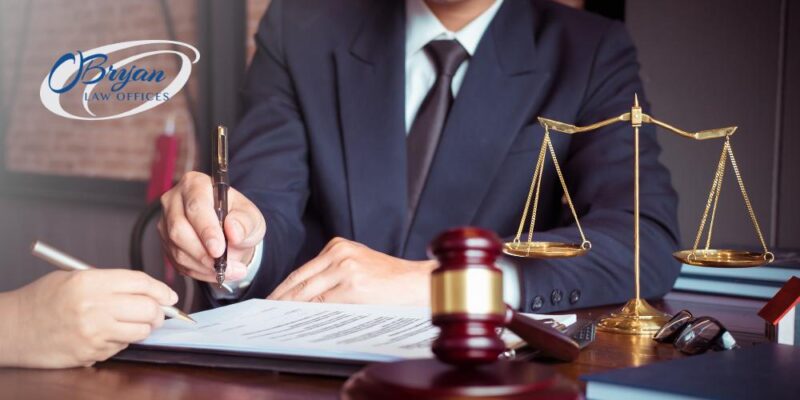
If you are considering filing for Chapter 7 bankruptcy, the skilled attorneys at O’Bryan Law Offices are here to help. We can help you better understand the bankruptcy process and ensure you make the right decision for your financial situation. Call us at 502-339-0222 to schedule your free consultation so we can learn more about your case. We also offer emergency bankruptcy services to those dealing with financial difficulties.
